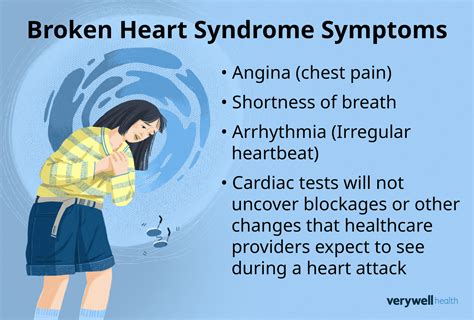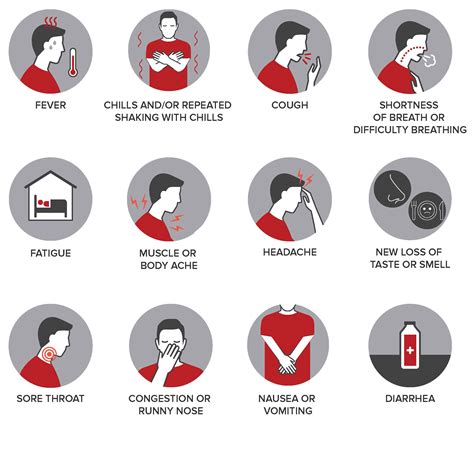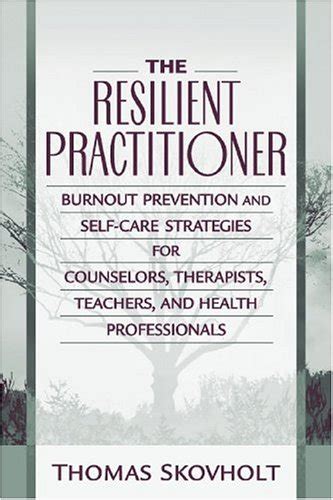Intro
Discover Heartbreak Syndrome Cardiomyopathy, a condition triggered by emotional stress, causing broken heart symptoms, including takotsubo cardiomyopathy and stress cardiomyopathy, affecting heart function and overall well-being.
The human heart is a resilient and powerful organ, capable of withstanding immense physical and emotional stress. However, there are instances where the heart can be severely impacted by intense emotional experiences, leading to a condition known as Heartbreak Syndrome Cardiomyopathy. This phenomenon has garnered significant attention in recent years, with many individuals experiencing its devastating effects. As we delve into the world of Heartbreak Syndrome Cardiomyopathy, it becomes increasingly important to understand its causes, symptoms, and treatment options.
The emotional pain of losing a loved one, experiencing a traumatic event, or going through a difficult breakup can be overwhelming. In some cases, this emotional distress can manifest physically, affecting the heart's functioning and leading to a condition that mimics a heart attack. Heartbreak Syndrome Cardiomyopathy, also known as Takotsubo Cardiomyopathy, is a temporary condition that affects the heart's ability to pump blood efficiently. This condition is often characterized by a distinctive ballooning of the heart's left ventricle, which can be visualized through imaging tests such as echocardiograms or cardiac MRI scans.
The importance of understanding Heartbreak Syndrome Cardiomyopathy cannot be overstated. As research continues to uncover the complexities of this condition, it becomes clear that it is not just a simple emotional response, but a legitimate medical condition that requires attention and care. By exploring the intricacies of Heartbreak Syndrome Cardiomyopathy, we can gain a deeper understanding of the interconnectedness of our emotional and physical well-being. This knowledge can empower individuals to take control of their health, recognizing the signs and symptoms of this condition and seeking medical attention when necessary.
What is Heartbreak Syndrome Cardiomyopathy?

Causes and Risk Factors
The exact causes of Heartbreak Syndrome Cardiomyopathy are still not fully understood. However, research suggests that it is often triggered by intense emotional stress, which can cause a surge in stress hormones such as adrenaline and cortisol. These hormones can affect the heart's functioning, leading to a condition that mimics a heart attack. Certain risk factors can increase an individual's likelihood of developing Heartbreak Syndrome Cardiomyopathy, including: * A history of emotional trauma or stress * A family history of heart disease * Certain medical conditions, such as hypertension or diabetes * Age, with older adults being more susceptible to this conditionSymptoms and Diagnosis

Treatment and Management
Treatment for Heartbreak Syndrome Cardiomyopathy typically involves a combination of medications and lifestyle changes. Medications may include: * Beta blockers to reduce stress on the heart * ACE inhibitors to lower blood pressure * Diuretics to reduce fluid buildup in the body Lifestyle changes may include: * Stress reduction techniques, such as meditation or yoga * Regular exercise, such as walking or swimming * A healthy diet, rich in fruits, vegetables, and whole grains * Avoiding triggers, such as intense emotional stress or certain medicationsPrevention and Self-Care

Coping with Emotional Stress
Coping with emotional stress is crucial for managing Heartbreak Syndrome Cardiomyopathy. This can involve: * Recognizing and acknowledging emotions, rather than suppressing them * Seeking support from loved ones or mental health professionals * Engaging in stress reduction techniques, such as meditation or yoga * Practicing self-compassion and self-care * Taking breaks and engaging in activities that bring joy and fulfillmentCurrent Research and Future Directions

Conclusion and Final Thoughts
In conclusion, Heartbreak Syndrome Cardiomyopathy is a complex and multifaceted condition that requires attention and care. By understanding the causes, symptoms, and treatment options for this condition, individuals can take control of their health and well-being. It is essential to recognize the signs and symptoms of Heartbreak Syndrome Cardiomyopathy and seek medical attention when necessary. With ongoing research and advancements in treatment, it is possible to manage and overcome this condition.What is Heartbreak Syndrome Cardiomyopathy?
+Heartbreak Syndrome Cardiomyopathy is a condition that affects the heart's ability to function properly, often triggered by intense emotional stress.
What are the symptoms of Heartbreak Syndrome Cardiomyopathy?
+The symptoms of Heartbreak Syndrome Cardiomyopathy can include chest pain, shortness of breath, fatigue, dizziness, and palpitations.
How is Heartbreak Syndrome Cardiomyopathy diagnosed?
+Diagnosis of Heartbreak Syndrome Cardiomyopathy typically involves a combination of physical exams, medical history, and imaging tests such as echocardiograms or cardiac MRI scans.
What is the treatment for Heartbreak Syndrome Cardiomyopathy?
+Treatment for Heartbreak Syndrome Cardiomyopathy typically involves a combination of medications and lifestyle changes, including stress reduction techniques, regular exercise, and a healthy diet.
Can Heartbreak Syndrome Cardiomyopathy be prevented?
+Preventing Heartbreak Syndrome Cardiomyopathy involves managing stress and taking care of one's emotional and physical well-being, including practicing stress reduction techniques, engaging in regular exercise, and eating a healthy diet.
We hope this article has provided you with a comprehensive understanding of Heartbreak Syndrome Cardiomyopathy. If you have any further questions or concerns, please do not hesitate to reach out. Share this article with your loved ones and help spread awareness about this important topic. Together, we can work towards a better understanding of Heartbreak Syndrome Cardiomyopathy and improve the lives of those affected by this condition.
